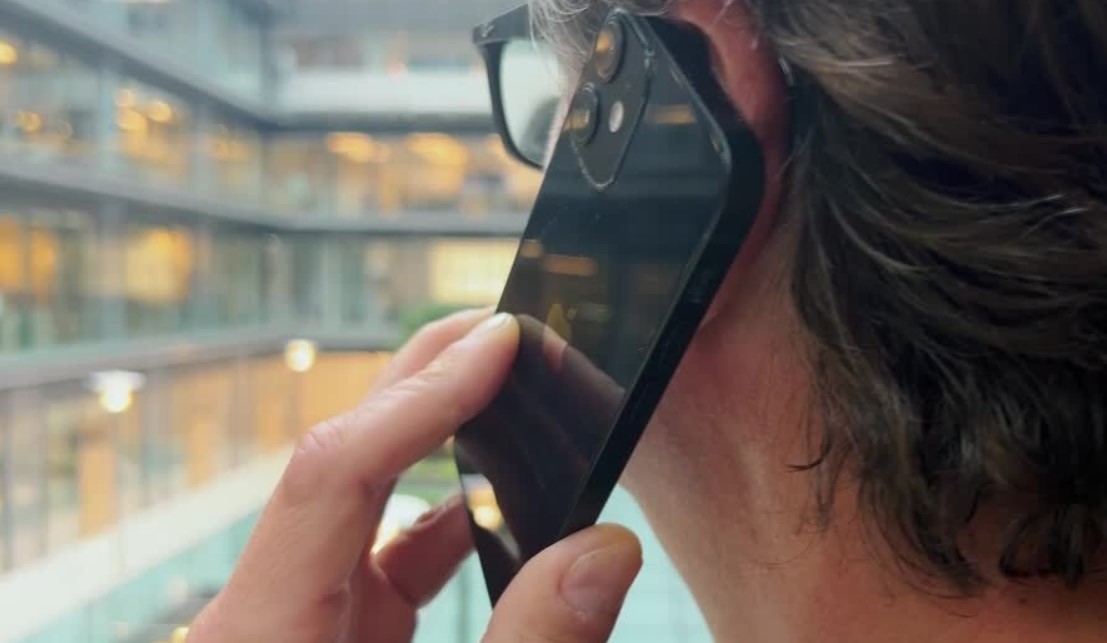Highlights
- iOS 17.1 iPhone 12 update disables off-body detection feature for French users.
- The move comes after France’s regulatory body flagged potential radiation issues.
- Apple emphasizes that the iPhone 12 adheres to international safety standards.
- The update aims to enhance performance without compromising user safety.
Apple’s dedication to addressing global user concerns is evident in its latest move.
The iOS 17.1 iPhone 12 update comes as a response to the radiation issues flagged by French authorities, signaling Apple’s proactive approach to health and safety standards.
Apple, the tech behemoth, is known for continually refining its products to enhance user experience and comply with international regulations.
In a recent episode, France’s regulatory body raised eyebrows over iPhone 12’s radiation levels.
Apple promptly responded with the iOS 17.1 iPhone 12 update, aimed at rectifying this concern specifically for French users.

France’s September directive had a clear message for Apple: bring the iPhone 12 into compliance with European electromagnetic radiation standards or halt its sales.
The bone of contention was the off-body detection feature in iPhones.
This feature, a mainstay for over a decade, lets iPhones slightly ramp up their transmit power when placed on static surfaces, like tables, rather than being held or pocketed.
Apple’s intent with this mechanism has always been to optimize performance.
However, with the recent iOS 17.1 iPhone 12 software update, Apple is disabling this off-body detection for iPhone 12 models in France.
The result? Even in areas with weak cellular signals, the devices will not amplify their power output when they detect an off-body state.
While this might affect cellular performance in some specific scenarios, Apple anticipates that the majority of users won’t discern any difference.
Interestingly, Apple was quick to highlight an oversight by France’s regulatory agency, the Agence Française Nationale des Fréquences (ANFR).
The tech giant stated that ANFR’s radiation tests had discrepancies. However, in a testament to its commitment to user safety and regulatory compliance, Apple still moved ahead with the update.
The larger message Apple is sending out is clear: iPhones, including the iPhone 12, have always been safe for use.
Adherence to international energy transmission standards is paramount for the company, ensuring that energy transmission remains within safe limits when iPhones come in contact with users.
FAQs
Why did Apple release the iOS 17.1 iPhone 12 update specifically for France?
The update comes as a response to radiation concerns raised by France’s regulatory body, ensuring the iPhone 12 complies with European electromagnetic radiation standards.
What does the off-body detection feature do?
The feature allows iPhones to slightly increase their transmit power when placed on static surfaces, like tables, optimizing performance.
Will the update affect iPhone 12’s cellular performance?
While the update might lead to slightly lower cellular performance in weak signal areas during specific off-body scenarios, most users are not expected to notice any significant difference.
Has Apple commented on the radiation concerns?
Apple clarified that iPhones, including the iPhone 12, are safe and always have been. They adhere to international energy transmission standards ensuring user safety.
Read More: Apple’s iOS 17.1 iPhone 12 Update Addresses Radiation Concerns in France
Read More: Apple Supplier Pegatron Suspends iPhone Production in Chennai Facility Due to Fire Incident
